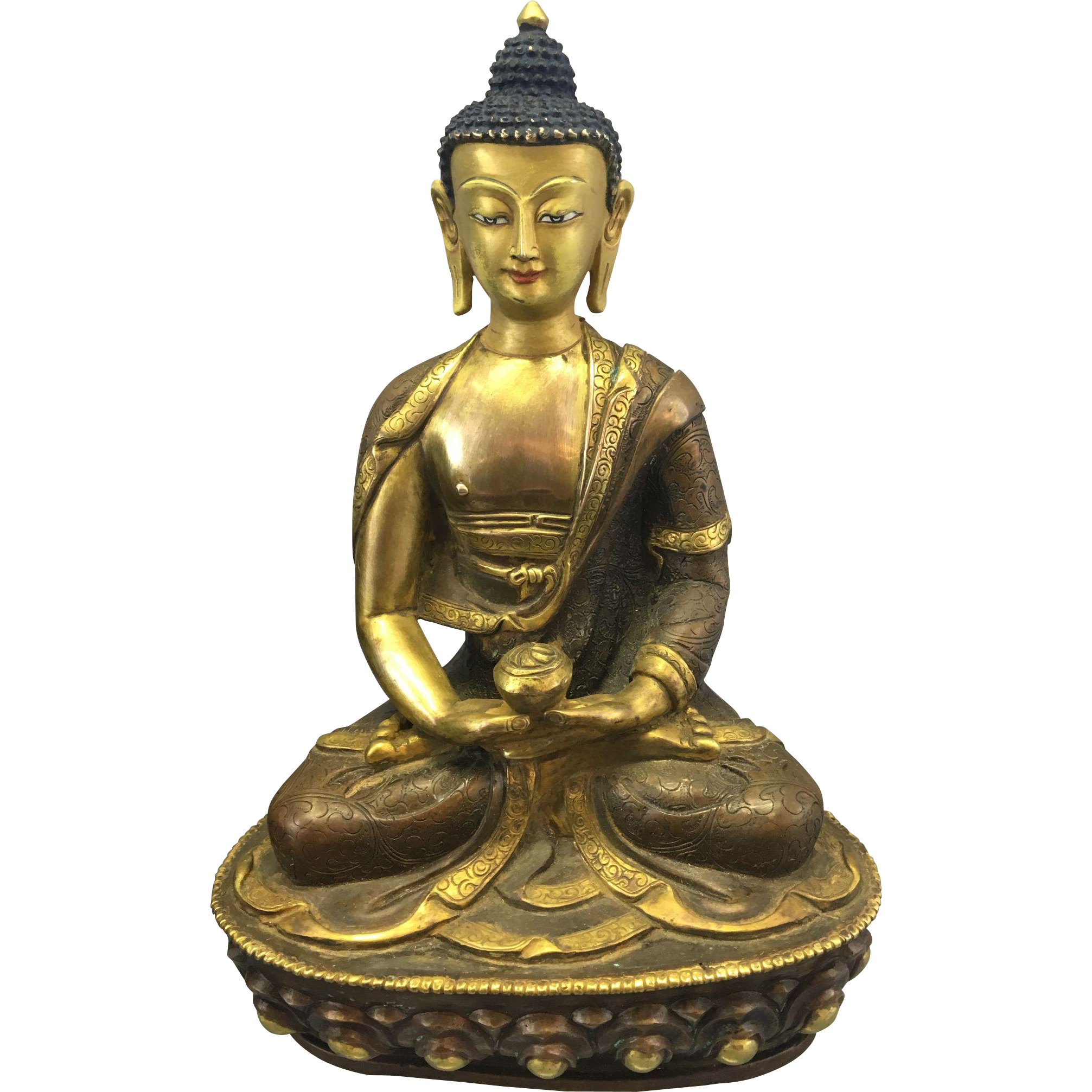Welcome to our eleventh online suggested practise for the week. We are now broadcasting a live teaching each Monday evening. If you would like to participate please contact us using the contact form on the homepage.
1.0) If you feel so inclined, begin by reciting the usual prayers (please follow below links for text). Alternatively, try to think or articulate a wish for all beings to achieve liberation from suffering, etc .
Four Thoughts: contemplating each in turn – http://northantsbuddhists.com/the-four-thoughts/
Refuge Prayer: twice in Tibetan, once in English – http://northantsbuddhists.com/the-refuge-prayer/

2.1) Dharma – Just when you Think You’re Enlightened by Andrew Holecek (along with Robert Thurman – father of actress Uma Thurman – Holecek is a prominent American scholar and practitioner of Tibetan Buddhism).
Sooner or later it’s going to happen— it might be the very first time you meditate or after years of dedicated practice; but someday you’re going to have a spiritual experience. These experiences come in many forms, ranging from simple tranquility to radiant ecstasy. In their fullest expression, they are spiritual earthquakes that can transform your life. The Tibetan sage Marpa shared one such experience: I was overwhelmed with joy. The hairs on my body stood on end, and I was moved to tears… My body was intoxicated with undefiled bliss… There dawned an experience beyond words.
At more modest levels, they can manifest as the total cessation of thought, an out-of-body experience, or sensations of bliss and clarity. You might have an experience of profound meditation, or of union with the entire cosmos, and say to yourself, “This is it! This is what I’ve been waiting for.” Like the endorphins released in a runner’s high, these experiences are the meditator’s high. And they are addictive.
These events are a time for celebration, because they can be genuine markers of progress. You’re getting a glimpse into the nature of mind and reality; you’re starting to see things the way they truly are. You’re waking up. But such experiences are also cause for concern precisely because they feel so good. Surprising as it may sound, the spiritual path is not about making you feel good. It’s about making you feel real.
Spiritual experiences can be the sweetest honey covering the sharpest hooks. Because they can be so transformative and blissful, it’s almost impossible not to grasp after them. You want more. That’s the hook. And anytime grasping is involved, even if it’s for a spiritual experience, you’re back in samsara, hooked into the conditioned world of endless dissatisfaction.
Spiritual experiences, a by-products of meditation, are called nyam in Tibetan, meaning “temporary experience,” and every meditator needs to be aware of them. Nyam is set in contrast to tokpa, which means ‘realization.’ Nyam is like pleasant vapour. No matter how good it feels, it always evaporates. Tokpa is like a mountain. It stays. A nyam always has a beginning and an end. One day you soar into the most heavenly meditation, but eventually you drop back to Earth. There are no dropouts with authentic realization.
Dilgo Khyentse Rinpoche said: Meditators who run after experiences, like a child running after a beautiful rainbow, will be misled. When you practice intensely, you may have flashes of clairvoyance and various signs of accomplishment, but all they do is foster expectations and pride—they are just devilish tricks and the source of obstacles.
Because these exalted states are so delicious, it’s hard not to cling to a nyam. On one level, they’re just spiritual candy; having some of these sweets is okay now and again, but feasting on them will make your meditation sick.
How do we properly relate to a nyam? Let’s say that you have an experience of bliss in your meditation. It’s okay to celebrate it. Give yourself a pat on your back. But then let it go. Reinstate the conditions that brought about the experience in the first place. In other words, most of these experiences arise when the mind is open, spacious, and relaxed.
If you grasp after the event and try to repeat it, that contraction around the experience ironically prevents it. In order to let realization come, we first have to let experience go.
Spiritual experiences often arise in the sanctuary of silence, and they should be kept in that sanctuary. There is a reason for secrecy in the traditions. If you remain silent, the experience tends to stabilize and mature. The nyam evolves into tokpa. If you talk about it, the experience trickles away. The nyam degenerates into a distant memory. Don’t be a leaky container and dribble onto others. Keep your experience hermetically sealed so it doesn’t spoil.
It may be okay to share your experience with intimate spiritual friends; after all, it could inspire them. But even here, always check your motivation first. When people talk about their experiences, they usually just want them to be confirmed. The one person you should talk to is your teacher or meditation instructor. An authentic teacher will keep you on track by telling you the experience is neither good nor bad, or by ignoring you, or encouraging you to let it go.
During one long retreat, I had another nyam. When I came out of retreat, I raced to share my “realization” with my teacher. As I shared my enlightenment experience, he yawned and looked out the window. My so-called “awakening” was putting him to sleep! When I was done, he spoke about a topic that had nothing to do with my experience. I came in all puffed up with my nyam and left punctured and deflated. It wasn’t what I wanted, but it was exactly what I needed.
When you talk about your experience inappropriately, you transform opportunity into obstacle. The blessed event flips into a cursed one. This is one way to tell the difference between a truly realized master and one stuck in a nyam. True masters never talk about their realization; those infected with a nyam are happy to talk. As Taoism puts it, “He who speaks does not know. He who knows does not speak.”
The essence of a proper relationship to spiritual experience is silence and release. Keep your mouth closed and your heart open. Use the experience to inspire you to keep going, but go forward without the nyam holding you back. Relate to whatever arises—the good, the bad, and the ugly—with equanimity. That’s how experience matures into realization.
Since spiritual experiences can be so ecstatic, and the grasping correspondingly extreme, sometimes our fingers need to be pried away from the nyam. Khenpo Rinpoche said that you nurture meditative experience by destroying it. Patrul Rinpoche echoed this advice:
The yogin’s meditation improves through destruction… When experiences of stillness, bliss, and clarity occur and feelings such as joy, delight, or pleasant sensations arise, you should blast this husk of attachment to experience into smithereens.
If you want to look for progress on your path, don’t look for spiritual experiences. Look at your ordinary life. As Sogyal Rinpoche says: The wonder of [enlightenment] is that it is something not exotic, not fantastic, not for an elite, but for all of humanity; and when we realize it, the masters tell us, it is unexpectedly ordinary. Spiritual truth is not something elaborate and esoteric, it is in fact profound common sense…. being a buddha is not being some omnipotent spiritual superman, but becoming at last a true human being.
Are you becoming more kind, patient, and generous? Is your heart opening? Are you more understanding and compassionate? Are you learning how to love? That’s where you’ll find the signs of realization.
Chögyam Trungpa Rinpoche said, “Enlightenment is ego’s ultimate disappointment.” From ego’s perspective, enlightenment is a downer. It will let you down—from the heights of inflated spiritual experience to the plateau of ordinary life, which is where true realization awaits.”
2.2) Meta Bhavana – ”Loving Kindness Practice” – Presented by Steve Reynolds (Session 1 of 6)

Karaniya Metta Sutta: The Hymn of Universal Love
Who seeks to promote his welfare,
Having glimpsed the state of perfect peace,
Should be able, honest and upright,
Gentle in speech, meek and not proud.
Contented, he ought to be easy to support,
Not over-busy, and simple in living.
Tranquil his senses, let him be prudent,
And not brazen, nor fawning on families.
Also, he must refrain from any action
That gives the wise reason to reprove him.
(Then let him cultivate the thought:)
May all be well and secure,
May all beings be happy!
Whatever living creatures there be,
Without exception, weak or strong,
Long, huge or middle-sized,
Or short, minute or bulky,
Whether visible or invisible,
And those living far or near,
The born and those seeking birth,
May all beings be happy!
Let none deceive or decry
His fellow anywhere;
Let none wish others harm
In resentment or in hate.
Just as with her own life
A mother shields from hurt
Her own son, her only child,
Let all-embracing thoughts
For all beings be yours.
Cultivate an all-embracing mind of love
For all throughout the universe,
In all its height, depth and breadth —
Love that is untroubled
And beyond hatred or enmity.
As you stand, walk, sit or lie,
So long as you are awake,
Pursue this awareness with your might:
It is deemed the Divine State here.
Holding no more to wrong beliefs,
With virtue and vision of the ultimate,
And having overcome all sensual desire,
Never in a womb is one born again.
©1989 Buddhist Publication Society
“Karaniya Metta Sutta: The Hymn of Universal Love” (Sn 1.8), translated from the Pali by Acharya Buddharakkhita.
Access to Insight (BCBS Edition), 29 August 2012, http://www.accesstoinsight.org/tipitaka/kn/snp/snp.1.08.budd.html .
——————————————-
The Four Immeasurables
May all beings have happiness and the causes of happiness
May all beings be free from suffering and the causes of suffering
May all beings never be separated from that sacred joy, which is free from suffering
May all beings rest in equanimity, free from attachment and aversion
———————————————-
The Dhammapada
1. What we are today comes from our thoughts of yesterday and our present thoughts build our life of tomorrow: our life is the creation of our mind.
If a man speaks or acts with an impure mind, suffering follows him as the wheel of the cart follows the beast that draws the cart.
2. What we are today comes from our thoughts of yesterday and our present thoughts build our life of tomorrow: our life is the creation of our mind.
If a man speaks or acts with a pure mind, joy follows him as his own shadow.
3. ‘He insulted me, he hurt me, he defeated me, he robbed me.’
Those who think such thoughts will not be free from hate.
4. He insulted me, he hurt me, he defeated me, he robbed me.’
Those who think not such thoughts will be free from hate.
5. For hate is not conquered by hate: hate is conquered by love. This is a law eternal.
—————–0———————
